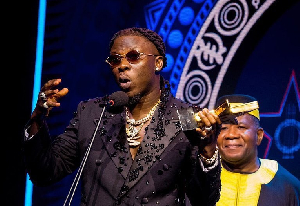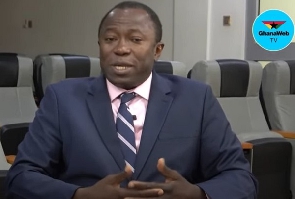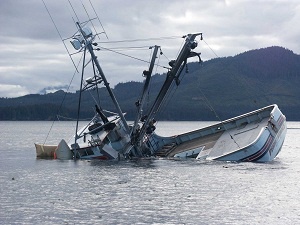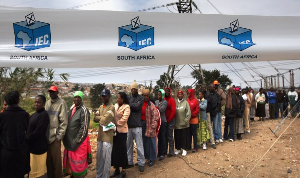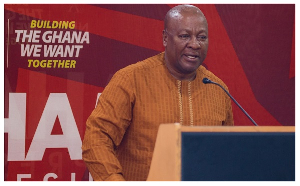- Home - News
- TWI News | TV
- Polls
- Year In Review
- News Archive
- Crime & Punishment
- Politics
- Regional
- Editorial
- Health
- Ghanaians Abroad
- Tabloid
- Africa
- Religion
- Election 2020
- Coronavirus
- News Videos | TV
- Photo Archives
- News Headlines
- Press Release
General News of Tuesday, 1 August 2023
Source: www.ghanaweb.com
Why Ghana has started kidney transplants
Recently, the Korle-Bu Teaching Hospital chalked a major, historical milestone when a team of only local doctors in Ghana successfully conduct the country’s first kidney transplants.
The feat has since opened the doors for discussions to be had on the need for a legislation on organ donations in Ghana, a direction that GhanaWeb has jumped onto.
As part of this, the host of GhanaWeb TV’s The Lowdown, Daniel Oduro, had a sit down with the Chief Executive Officer of the Korle-Bu Teaching Hospital, Dr. Opoku Ware Ampomah, on the subject.
In the interview, Dr. Ampomah explained the need for a legislation to allow medics in the country to do more of these medical procedures.
He also detailed how it is that the country was able to undertake a transplantation procedure for kidneys without an existing legislation in the country.
“For the kidney transplantation, we are able to start it because everybody has two kidneys, so you can donate one kidney. And if you are a normal, healthy person, the other kidney you have is enough to cater for your own needs. In a healthy person, you can survive on a quarter of one kidney.
“God built a lot of redundancies into our system, meaning that we have a lot of excess capacity, but if you take some other organs like the heart and the liver, for instance, you only have one,” he explained.
Dr. Opoku Ware Ampomah also described other types of transplantations that can be undertaken in the country should there be a legislation to cover these issues.
Ghana’s leading digital news platform, GhanaWeb, in conjunction with the Korle-Bu Teaching Hospital, is embarking on an aggressive campaign which is geared towards ensuring that parliament passes comprehensive legislation to guide organ harvesting, organ donation, and organ transplantation in the country.
Watch the full interview below:
AE/WA
Entertainment
